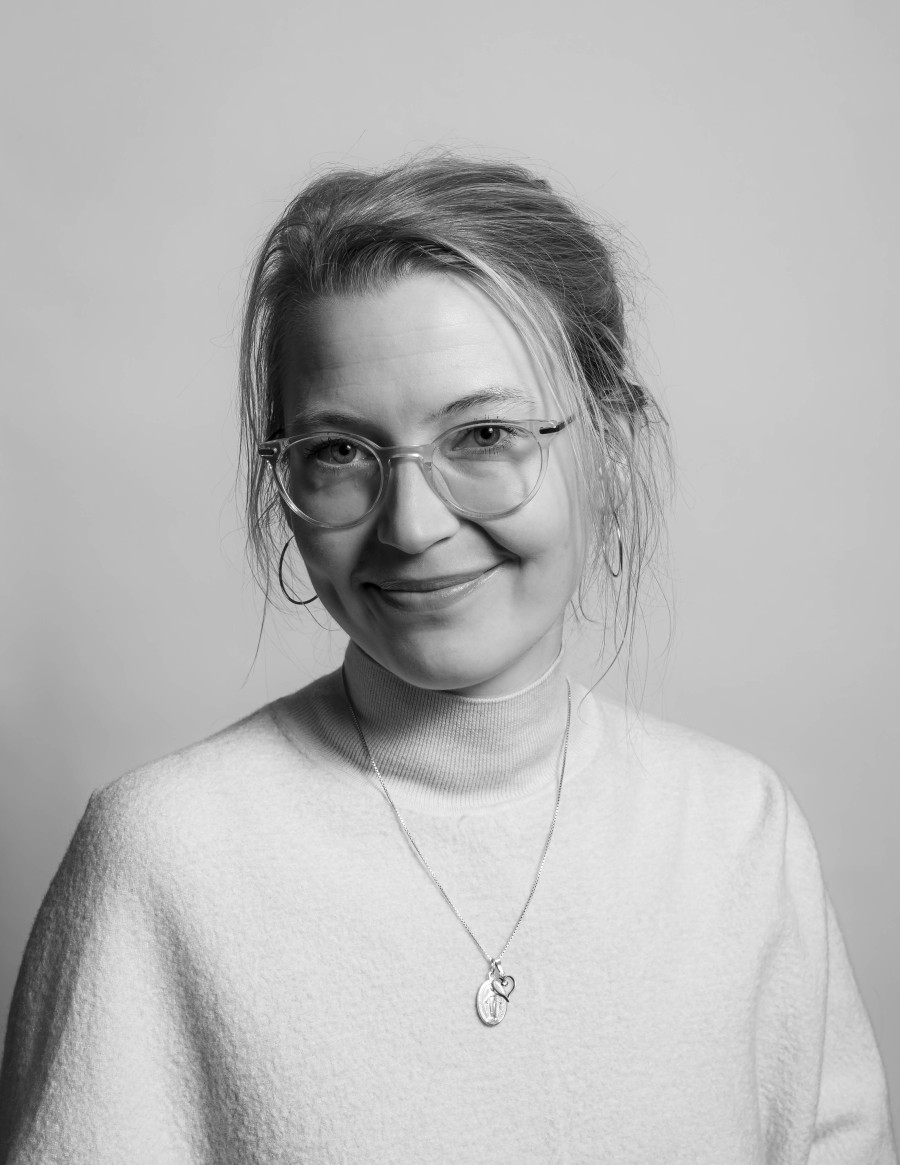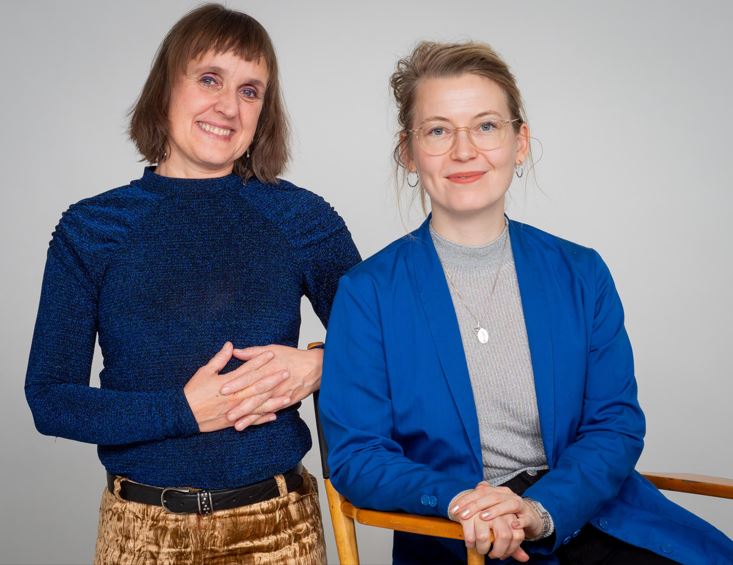
Learning Icelandic...like a walk in the park | "The game is a motivating tool to practice"
"Arts, e.g. creative writing, give people the chance to let go, test themselves and allow themselves to make mistakes, which is so extremely important when learning a new language." says Berglind Erna Tryggvadóttir, who together with Þórunn Rakel Gylfadóttir, recently started a new free Icelandic course at the City Library in Kringlan and Grófinn (down town).
In addition to teaching the course together, they both make study materials for Icelandic learning, they are both doing their master's degree in creative writing at the University of Iceland and are both writers.
During the course participants read local micro-stories and discuss their content. After that, they are guided in writing a simple but creative text in Icelandic. Those who want can share their texts at the end of each course for the group to discuss.
"Instead of filling in blanks or answering questions, the students get the opportunity to play with the language, use the words they know in a creative way and thus sharpen their understanding but also make connections within the language. The game is an encouraging tool to practice, both on paper and in narration. In this way the understanding deepens while the students create something they can be proud of."
On Cultre Night in Reykjavík 2024, participants will be invited to read their stories at a special event at the City Library Grófinn. In this way, new poets are given the opportunity to express their views and experiences and participate democratically in society on their own terms.
Six courses, six themes
There are six micro-courses, three in Kringlunn and three in Grófinn, all of which have the main title ...like a walk in the park.
"The title refers to the structure of the course, i.e. it is based on short and micro-story writing, but perhaps also promises success, compared to something going as in history. We are very interested in looking at phrases and sayings, that's where the idea comes from."
Each of the six micro - courses is independent with its own theme; spring, friendship, water, travel, food and finally feasts, parties and celebrations. People can attend one or more courses. There will be three courses in Kringlan in May/June and three in Grófinn this fall.

Libraries are like community centres
When asked where the idea came from, Erna Berglind says that she and Þórunn Rakel are very good friends and in their daily conversations many ideas, advice and funny stories come up.
"Almost two years ago, we were invited to write short stories for people who are learning Icelandic based on vocabulary research in collaboration with The Árni Magnússon Institute for Icelandic Studies and the University of Iceland's Faculty of Humanities and Education. We both have a great passion for our language and accepted the job, which turned out to be both extremely fun and educational."
Since then, they have created more stories and played with the language in order to create learning material that is fun to read. This winter, the idea came up to hold a writing course for people who want to get a better grasp of the language, and after hearing an interview with Dögg Sigmarsdóttir, project manager of civic participation at the City Library, they realized that the library would be a good place for such a course.
The importance of new study material
Erna Berglind says that she and Þórunn Rakel think it's very important that there is new study material in Icelandic teaching available, as the language is constantly changing. People become so absorbed that they don't notice words that sneak in over the years, how expressions change and develop, words fall out of circulation or acquire new meanings. It is therefore important to be aware of this and to review and improve Icelandic learning materials regularly. She also says it is important to create new study materials that are in line with the times, in terms of issues, improve and change as needed.
The micro-courses received funding from the Students' Innovation Fund and are one of a number of Icelandic-related projects that the two women have been working on for the past two years.
"If it goes well, of course it would be really fun to develop the courses further and do more later. Our language is something that needs to be maintained, and in order for multiculturalism to prevail in our society, it is necessary to create a space for people who move here and want to master the issue."
The micro-courses are free of participation and open to anyone who is not a native speaker of Icelandic but has some knowledge of the language (A2-B2). More information and registration can be found here.